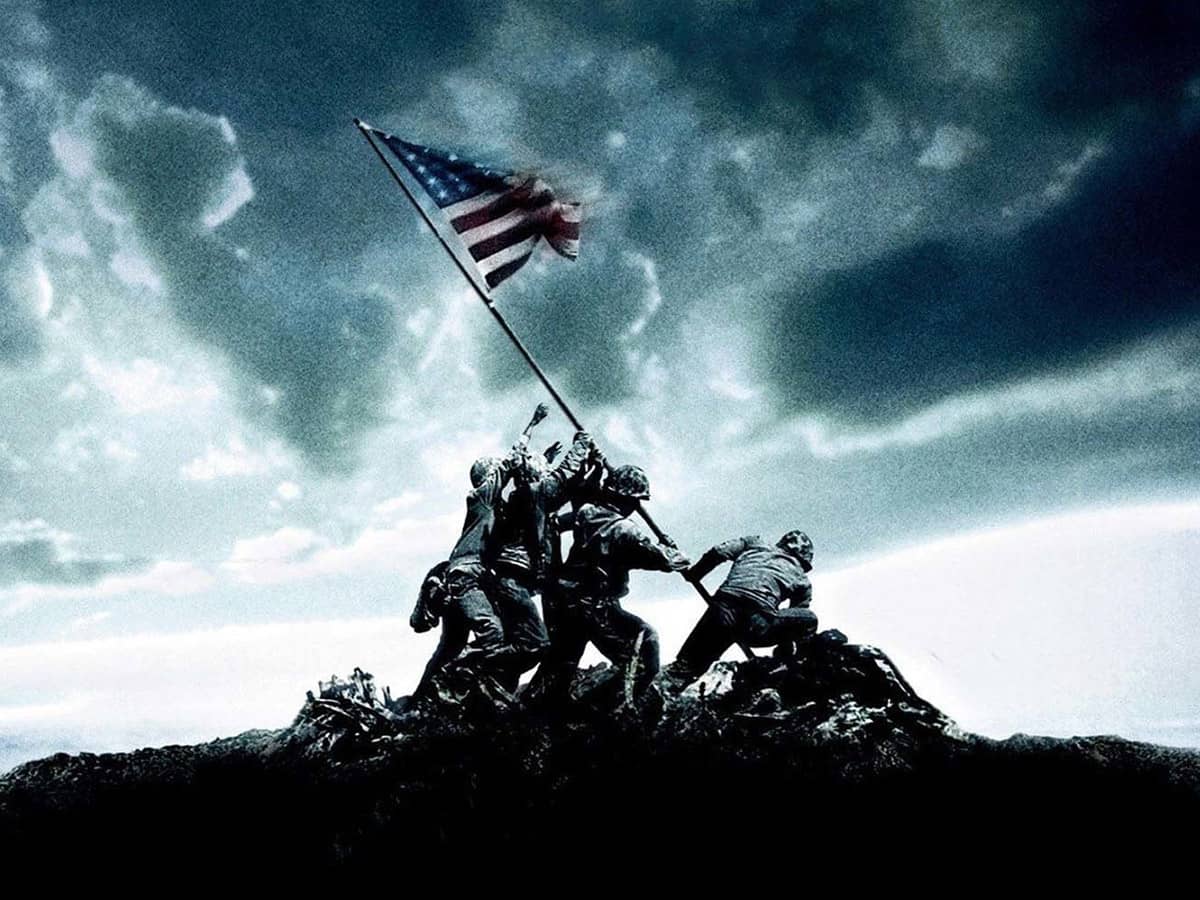Just remember that Lewis wanted his fantasies be read and enjoyed first as stories. For him as a boy, church had been a dull and deadening experience. He wanted his fantasies to accomplish the opposite�to awaken a child�s intellect, imagination and emotions to spiritual realities. Only then, he believed, could meaningful interpretation happen. Unless you want your kids to dread story time (and make Lewis roll over in his grave), resist the urge to press home every spiritual or moral lesson that occurs to you. Your role is to encourage, invite, facilitate what the story is already accomplishing. Whenever possible, let your children�s own questions and observations lead the way. And trust that the Holy Spirit is also at work in your family (Why not make this your earnest prayer?). Chances are your children will be learning from the Chronicles at one level or another for years. Did Lewis intend for Aslan to equal Christ, and the White Witch Satan?
The Chronicles are not allegory in the strictest sense, where everything in the story equals something else outside of it (like Bunyan�s "Pilgrim�s Progress," for example). However, the Narnia stories clearly contain symbolic elements. In "Lion," aspects of Aslan�s death and resurrection closely parallel Christ�s crucifixion and resurrection. Events of "The Last Battle" echo Bible prophecies about deception and persecution in the last days of Earth.
Throughout the Chronicles, Lewis leaves little doubt that Aslan is a picture of Jesus. For example, at the end of "Dawn Treader," Aslan tells the children that he is known by another Name in our world. And by knowing him in a bit in Narnia, they can know him better here.
However, the White Witch, like other witch�s and wicked characters in Narnia is not necessarily a stand-in for Satan. Instead, she represents the reality of supernatural evil in our world.
In Narnia, we can often spot parallels with Bible characters or hear an echo of Scripture. And discussing these can be fun and enlightening. But don�t try to find allegorical corollaries for all of Narnia�s characters. You�d miss out on a lot of fun!
Both the Old and New Testament forbid dabbling in magic. So why does Lewis make so much use of magical elements in his stories?Recognizing Narnia as both fiction and fantasy can help Christian parents understand Lewis� use of magic. Fiction is the word we use for stories we make up�but which could take place in our world. Fantasy stories take things further, creating worlds that may obey rules quite different from ours. So we can affirm that the Bible condemns sorcery and black magic in our world because they do exist as tools of a real devil on a real Planet Earth. But we can also know�and help our children know if they ever doubt�that Narnia is in a different category. It�s real only like Mickey Mouse is real. And in the pretend world of Narnia, magic comes in two forms�good and bad. Think of �magic� as the author�s shorthand way of saying �spiritual reality.�
Harry Potter vs. Narnia
Read more >>
| _Related Features | |
|
|
 |
One could argue that it is the belief system the author embraces which makes the most important difference. Today, kids are captivated by series like Lemony Snicket�s A Series of Unfortunate Events (which the author wrote to challenge readers� expectations of happy endings in stories and in life) and Philip Pullman�s His Dark Materials series (which is overtly anti-Christian). While these authors use fantasy for the same reason Lewis did�to bring readers closer to the truth they hold dear�it�s fair to say that their version of �truth� is not guided by a Christian perspective.
Even so, it�s not especially helpful to label books �bad� or �good.� The pessimism of Unfortunate Events might completely undo one child while compelling another to share his hope in Christ with any hopeless people he befriends. Pullman�s series might strip one child of her faith while preparing another for a future as a Christian apologist. At the heart of the issue is the Christian parents understanding of fantasy literature�a genre where good and evil are played out by fictional characters in a pretend world.
But some Christians still question whether fantasy is ever okay. Some condemn the fantasy genre as being childish, deceitful, of scaring children and promoting escapism. Lewis had little patience for this kind of condemnation. In his essay �On Writing for Children,� Lewis wrote: �About once every hundred years some wiseacre gets up and tries to banish the fairy tale,� he wrote, as if irritated that this kind of argument against �the kind [of story] I know and love best� would keep rearing its head.
If Christians embrace Narnia and reject Potter, we hope they do so after careful thought. The truth is that Christian children of overzealous �fantasy is bad� parents might eventually be conditioned to reject Lewis�s imaginative traditions. If so, it�s possible that Christian fantasy as a genre read by Christians is dying, and the books we have from Lewis and Tolkien are among the last of a tradition that Dante helped set in motion. If that ever happens, the loss would be immeasurable.
| _Related Features | |
|
|
 |

